Activision Blizzard Acquisition: FTC Challenges Court Decision
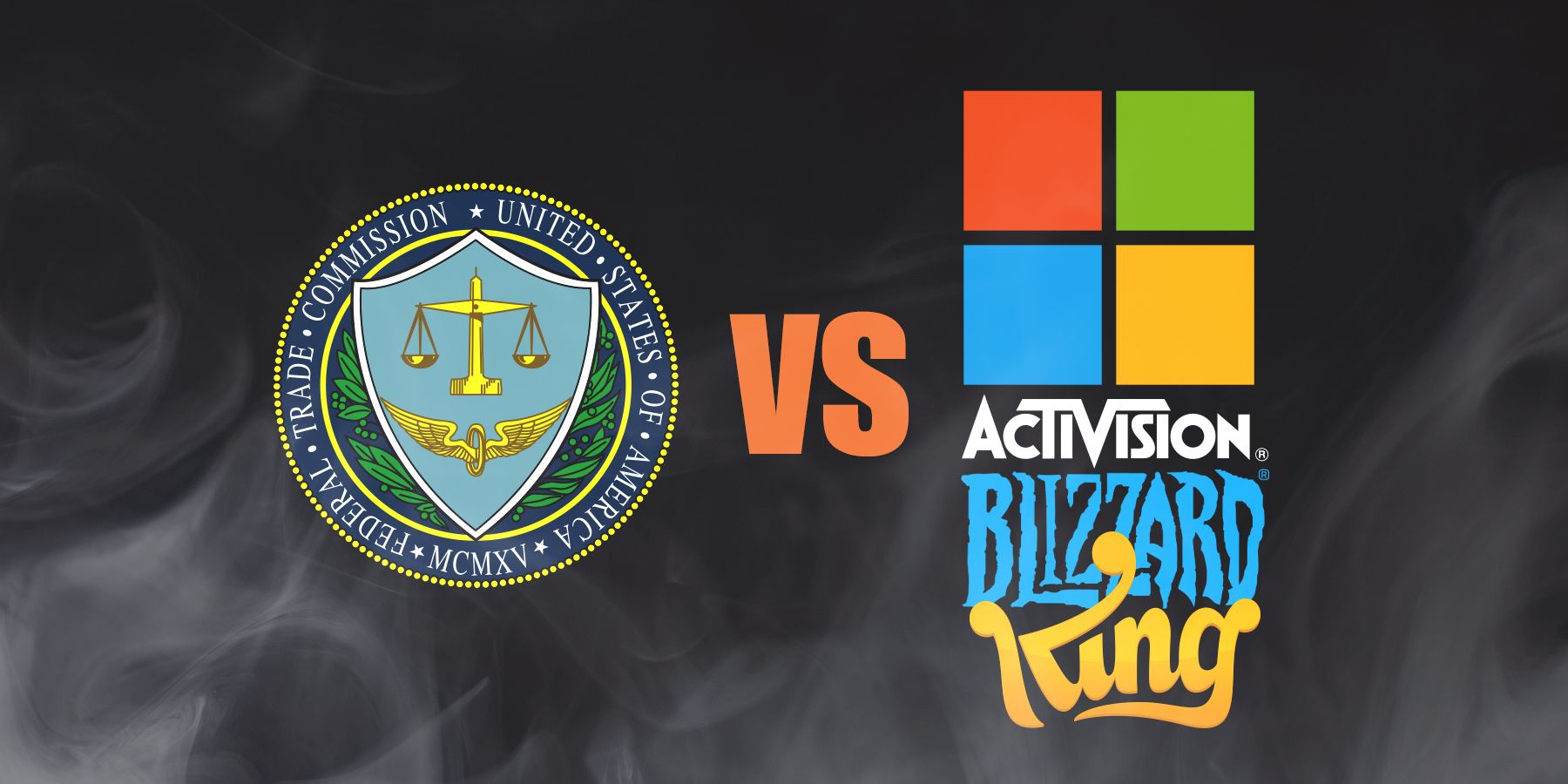
Table of Contents
The FTC's Antitrust Concerns Regarding the Activision Blizzard Acquisition
The FTC's antitrust lawsuit against the Activision Blizzard acquisition stems from concerns about market concentration and potential competitive harm. The core argument revolves around the idea that Microsoft's acquisition would create an unfair advantage, stifling competition across various gaming platforms.
-
Call of Duty Exclusivity: A major point of contention is the potential for Microsoft to make popular Activision Blizzard titles, most notably Call of Duty, exclusive to the Xbox ecosystem. This would significantly harm competitors like Sony's PlayStation, potentially driving players towards Xbox and diminishing competition.
-
Market Dominance: The FTC highlighted Microsoft's already substantial market share in gaming consoles and PC gaming. The acquisition, they argued, would further consolidate Microsoft's power, reducing competition and potentially leading to higher prices and less innovation.
-
Impact on Mobile Gaming: The FTC also considered the impact on the mobile gaming market through Activision Blizzard's King division, a major player in the mobile gaming space. The concern was that Microsoft's control over King could stifle competition and innovation within the mobile gaming sector.
-
Long-Term Effects: The FTC's arguments emphasized the long-term effects on innovation and consumer choice. Reduced competition, they claimed, could lead to less innovation in game development, fewer choices for gamers, and potentially higher prices for games and gaming hardware.
The Court's Decision and the FTC's Appeal
A federal court initially allowed the Microsoft-Activision Blizzard acquisition, rejecting the FTC's initial attempt to block it. This ruling prompted the FTC's appeal, a significant escalation in the legal battle.
-
FTC's Reasoning for Appeal: The FTC argued that the court's decision overlooked crucial evidence regarding Microsoft's potential anti-competitive practices and the detrimental effects on the gaming market.
-
Legal Arguments in the Appeal: The FTC's appeal focuses on strengthening their arguments regarding market concentration, the potential for Call of Duty exclusivity, and the long-term impact on competition and innovation. They will likely present new evidence and expert testimony to support their claims.
-
Timeline and Potential Outcomes: The appeal process is expected to be lengthy and complex. The outcome will hinge on the court's interpretation of antitrust laws and their application to the specifics of the acquisition. Potential outcomes include upholding the initial ruling, reversing it, or issuing a modified ruling.
-
Legal Precedents: The FTC's appeal will likely reference legal precedents and similar antitrust cases involving large tech companies, shaping the arguments and influencing the outcome.
Impact on the Gaming Industry and Consumers
The outcome of the FTC's appeal will have profound implications for the gaming industry and consumers.
-
Game Prices and Availability: If Microsoft gains control of Activision Blizzard, concerns exist about potential price increases for Activision Blizzard titles, particularly if they become Xbox exclusives, reducing availability on competing platforms.
-
Competition and Innovation: The acquisition's impact on competition is a central issue. Reduced competition could stifle innovation, leading to fewer new game ideas and less variety in the gaming market.
-
Consumer Choice: The debate centers on how the acquisition will affect consumer choice. Exclusivity deals could limit gamers' access to certain titles, potentially pushing them towards a specific platform.
-
Broader Implications: The outcome of this case will set a significant precedent for future mergers and acquisitions in the tech sector, shaping how regulators approach similar deals in the future. This extends beyond the gaming industry, influencing how antitrust laws are applied to mergers in other sectors.
Conclusion
The FTC's appeal against the court's decision on the Activision Blizzard acquisition represents a pivotal legal battle with far-reaching consequences for the gaming industry and beyond. The outcome will not only determine the fate of this massive merger but also set a precedent for future antitrust cases involving major tech companies. The debate centers on the delicate balance between allowing large corporations to grow and ensuring fair competition and consumer choice in a rapidly evolving digital marketplace.
Call to Action: Stay informed about the latest developments in this crucial case concerning the Activision Blizzard acquisition. Follow our blog for ongoing coverage and analysis of the FTC's appeal and its impact on the future of gaming. Understanding the Activision Blizzard acquisition is crucial for anyone interested in the future of the gaming industry and the evolving landscape of antitrust law in the tech sector.

Featured Posts
-
 Canada Post Strike Customer Service Disruption And Loss
May 27, 2025
Canada Post Strike Customer Service Disruption And Loss
May 27, 2025 -
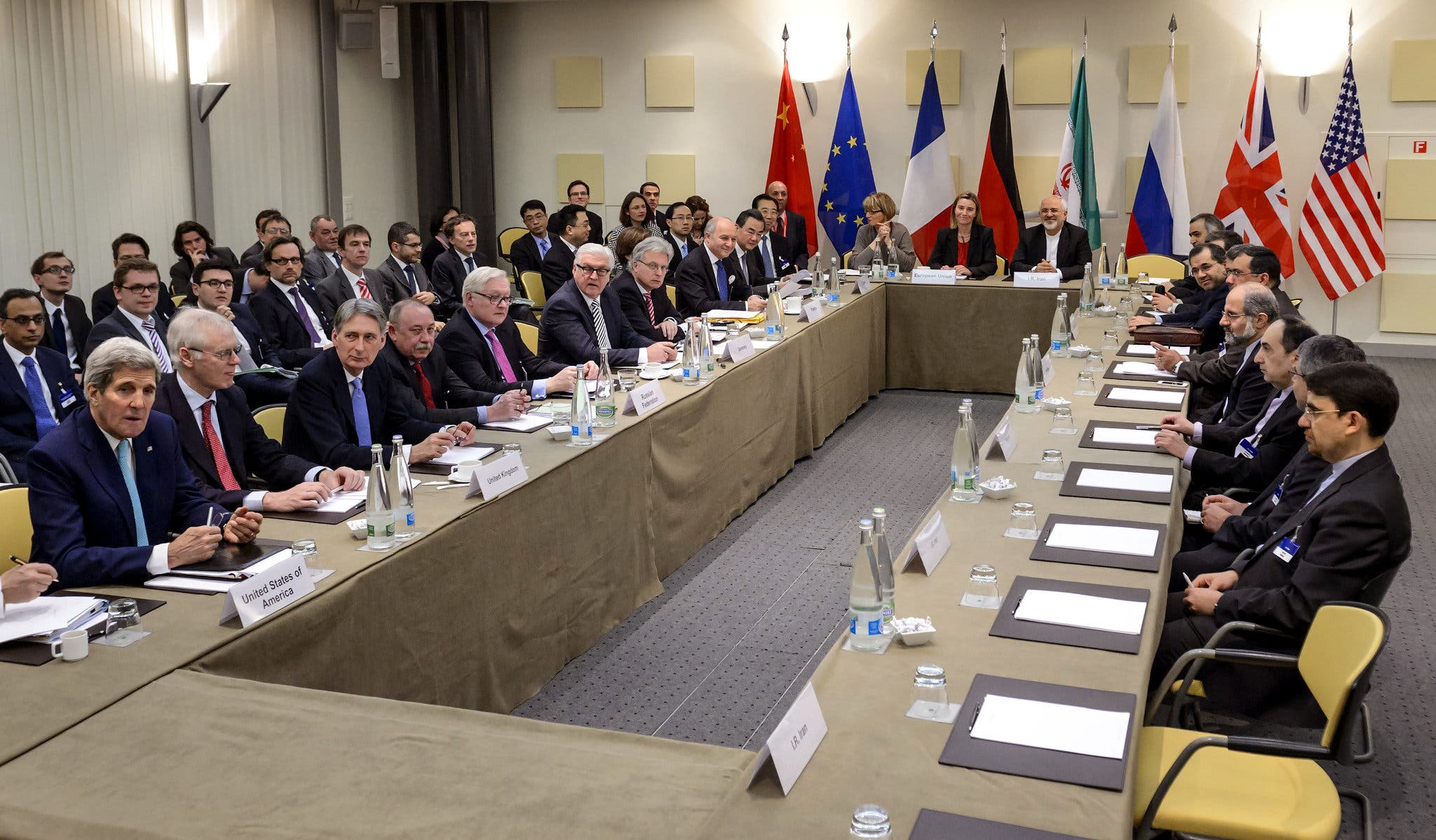 Positive Developments In Iran Nuclear Deal Talks Trumps Reaction
May 27, 2025
Positive Developments In Iran Nuclear Deal Talks Trumps Reaction
May 27, 2025 -
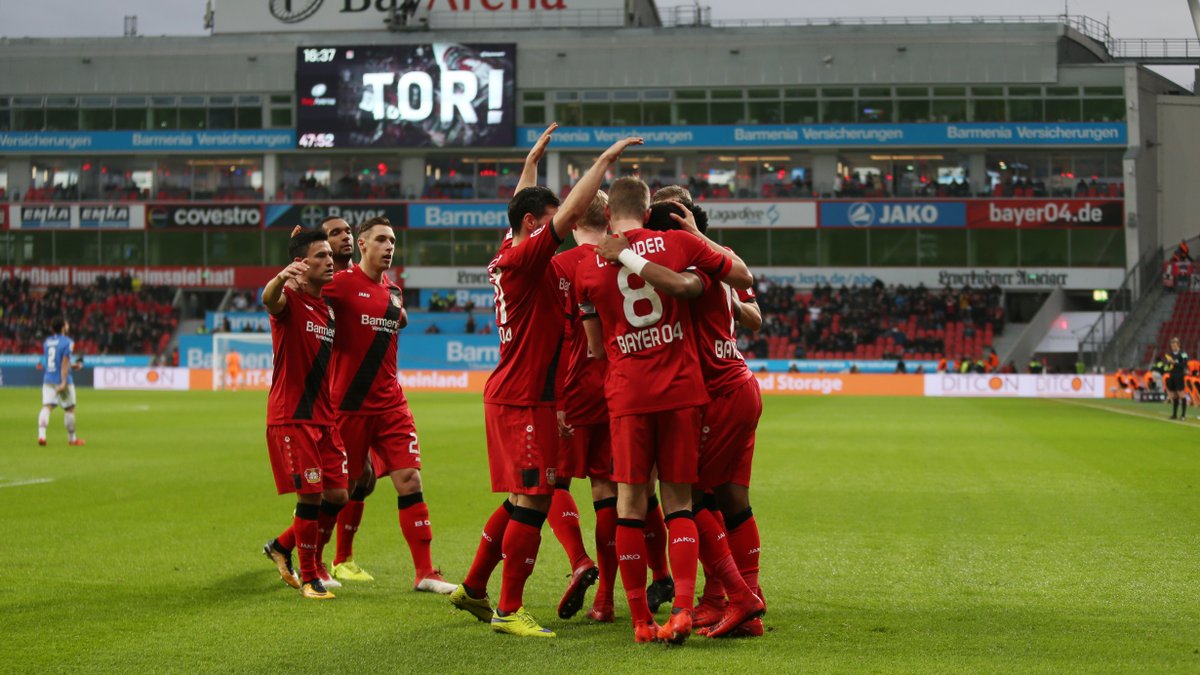 Can Leverkusen Win The Bundesliga A Realistic Assessment
May 27, 2025
Can Leverkusen Win The Bundesliga A Realistic Assessment
May 27, 2025 -
 Twzyf Bryd Aljzayr 2025 Akhr Mwed Lltsjyl Walshrwt Almtlwbt
May 27, 2025
Twzyf Bryd Aljzayr 2025 Akhr Mwed Lltsjyl Walshrwt Almtlwbt
May 27, 2025 -
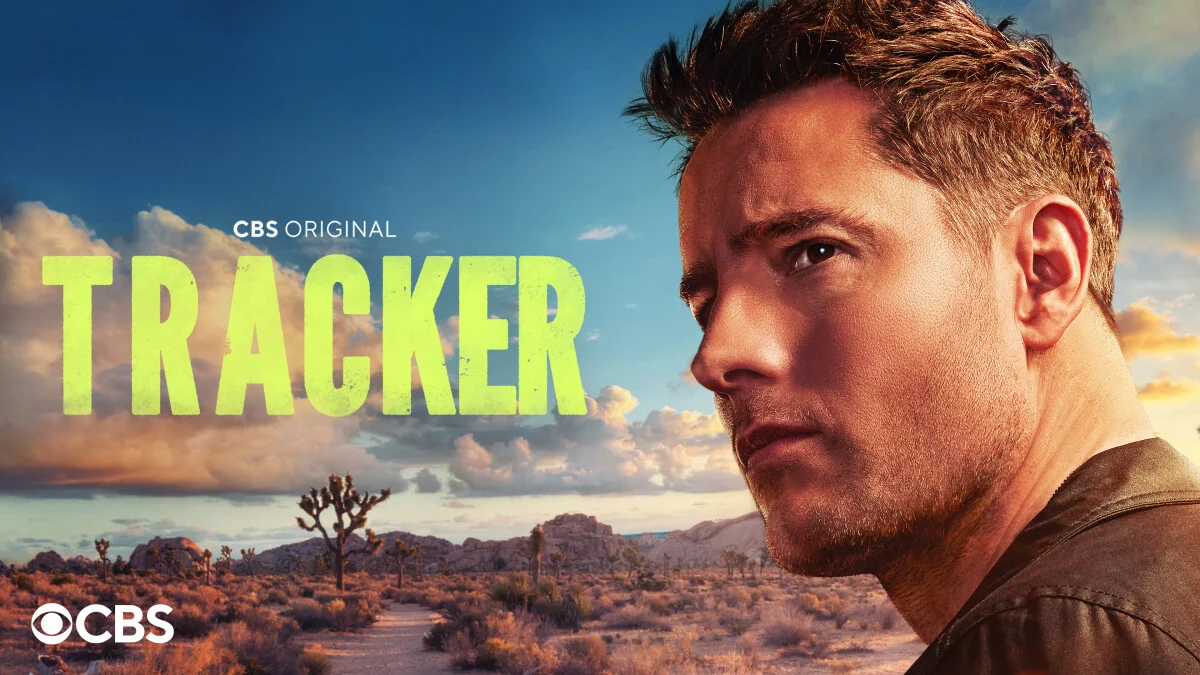 Tracker Season 2 Episode 17 Premiere Date Time And Where To Watch
May 27, 2025
Tracker Season 2 Episode 17 Premiere Date Time And Where To Watch
May 27, 2025
Latest Posts
-
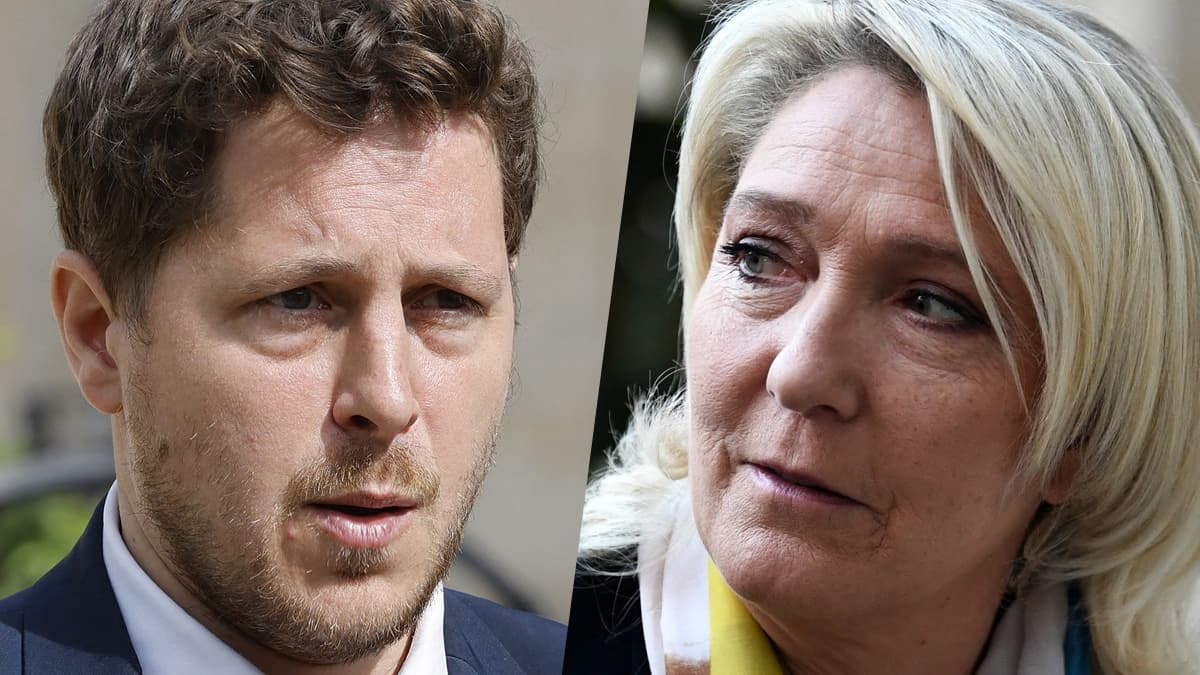 Retraites Discussions Entre Le Rn Et La Gauche Pour Un Age De Depart Commun
May 30, 2025
Retraites Discussions Entre Le Rn Et La Gauche Pour Un Age De Depart Commun
May 30, 2025 -
 Week End Sur Europe 1 L Emission D Aurelien Veron Et Laurent Jacobelli
May 30, 2025
Week End Sur Europe 1 L Emission D Aurelien Veron Et Laurent Jacobelli
May 30, 2025 -
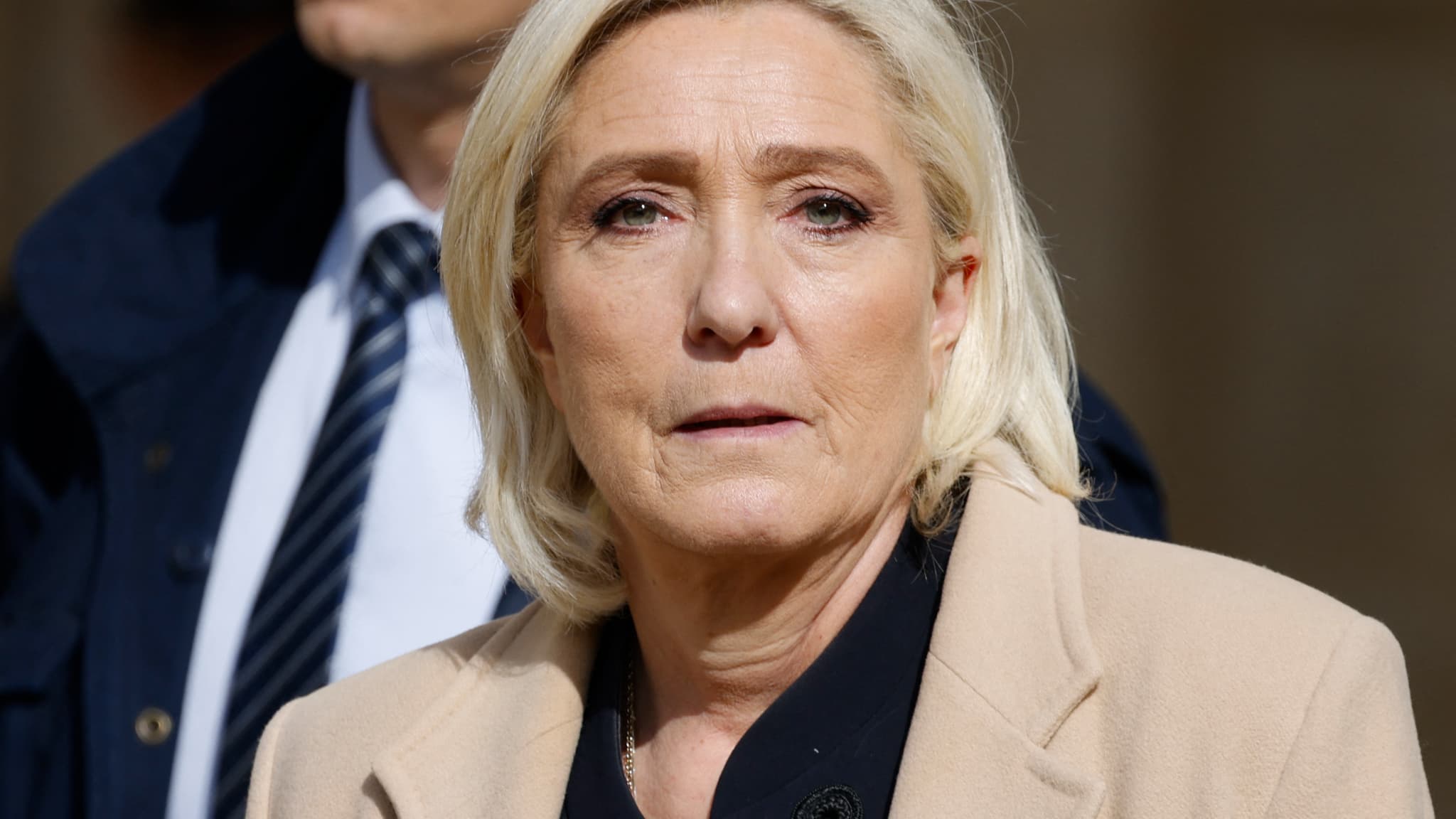 Cyril Hanouna Et Marine Le Pen Le Proces En Appel En 2026 Jacobelli Denonce Une Justice Mal A L Aise
May 30, 2025
Cyril Hanouna Et Marine Le Pen Le Proces En Appel En 2026 Jacobelli Denonce Une Justice Mal A L Aise
May 30, 2025 -
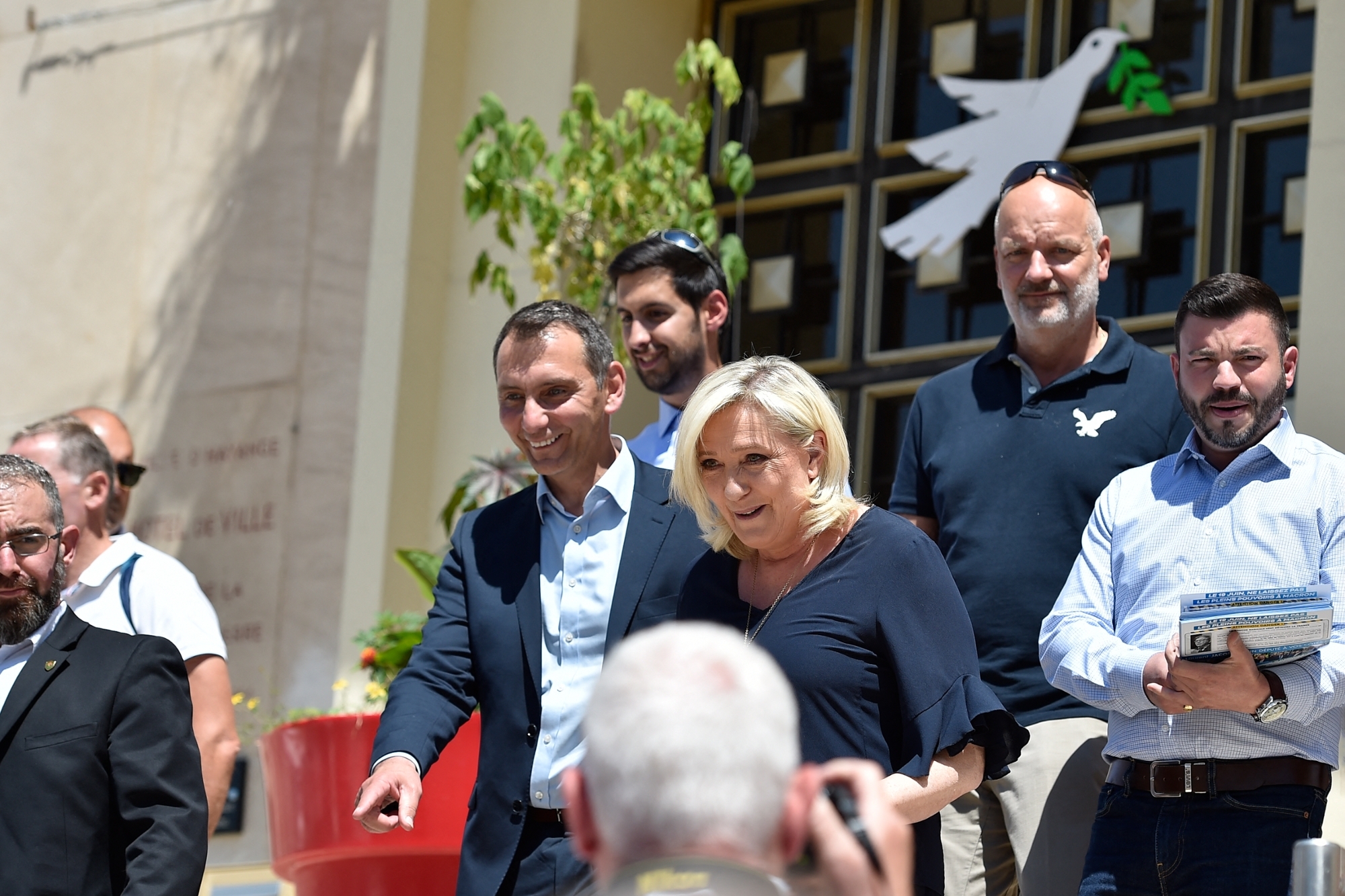 Elections Municipales Metz 2026 L Avenir Politique De Laurent Jacobelli
May 30, 2025
Elections Municipales Metz 2026 L Avenir Politique De Laurent Jacobelli
May 30, 2025 -
 Attaques Contre Des Prisons La Visite Ministerielle En Isere Un Simple Coup D Eclat
May 30, 2025
Attaques Contre Des Prisons La Visite Ministerielle En Isere Un Simple Coup D Eclat
May 30, 2025
